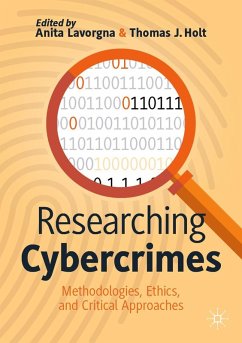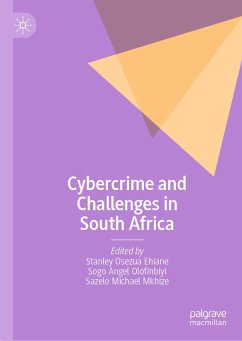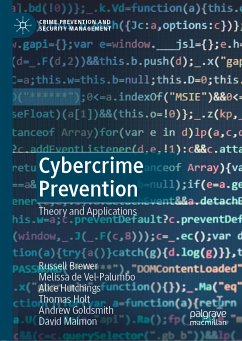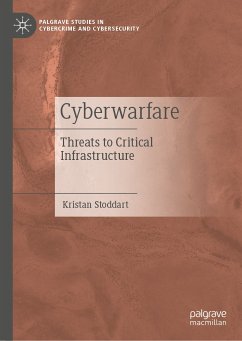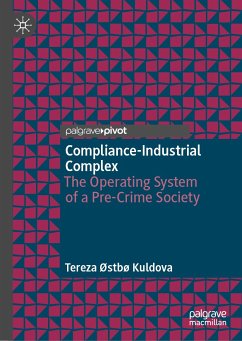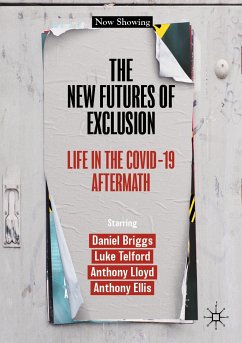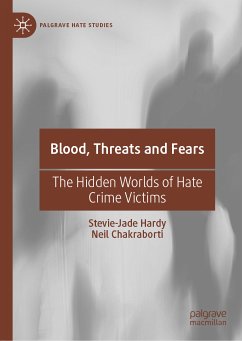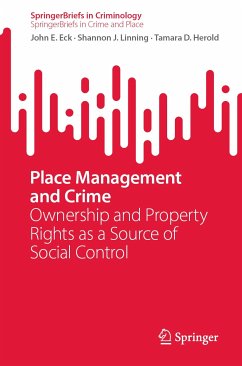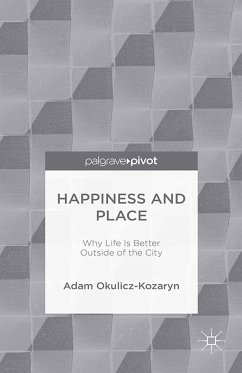
Fieldwork Experiences in Criminology and Security Studies (eBook, PDF)
Methods, Ethics, and Emotions
Redaktion: Díaz-Fernández, Antonio M.; Molnar, Lorena; Del-Real, Cristina
Versandkostenfrei!
Sofort per Download lieferbar
120,95 €
inkl. MwSt.
Weitere Ausgaben:

PAYBACK Punkte
60 °P sammeln!
This book compiles the fieldwork experiences of 55 researchers, addressing the challenges, ethical considerations, and methodologies employed to study 30 diverse populations and phenomena within Criminology and Security Studies. This volume contributes to filling a gap in academic literature by highlighting the often unspoken realities and intricacies of fieldwork. The book is systematically structured into five thematic sections: The Powerful, The Invisible, The Vulnerable, The Violent, and The Cyber. These categories encompass various aspects and dimensions of fieldwork, including managing e...
This book compiles the fieldwork experiences of 55 researchers, addressing the challenges, ethical considerations, and methodologies employed to study 30 diverse populations and phenomena within Criminology and Security Studies. This volume contributes to filling a gap in academic literature by highlighting the often unspoken realities and intricacies of fieldwork. The book is systematically structured into five thematic sections: The Powerful, The Invisible, The Vulnerable, The Violent, and The Cyber. These categories encompass various aspects and dimensions of fieldwork, including managing emotional distress, negotiating access through gatekeepers, ensuring the protection of informants, and exercising discretion in navigating sensitive issues. As a scholarly resource, this book is invaluable for academics, practitioners, and students involved in criminology, security studies, anthropology, sociology, and political science. By offering in-depth reflections and insights, this volume enhances the reader's understanding of the nuances of fieldwork, and informs the development of robust and ethical research practices.
Chapters 2, 9 and 11 are available open access under a Creative Commons Attribution 4.0 International License via link.springer.com.
Chapters 2, 9 and 11 are available open access under a Creative Commons Attribution 4.0 International License via link.springer.com.
Dieser Download kann aus rechtlichen Gründen nur mit Rechnungsadresse in A, B, BG, CY, CZ, D, DK, EW, E, FIN, F, GR, HR, H, IRL, I, LT, L, LR, M, NL, PL, P, R, S, SLO, SK ausgeliefert werden.



